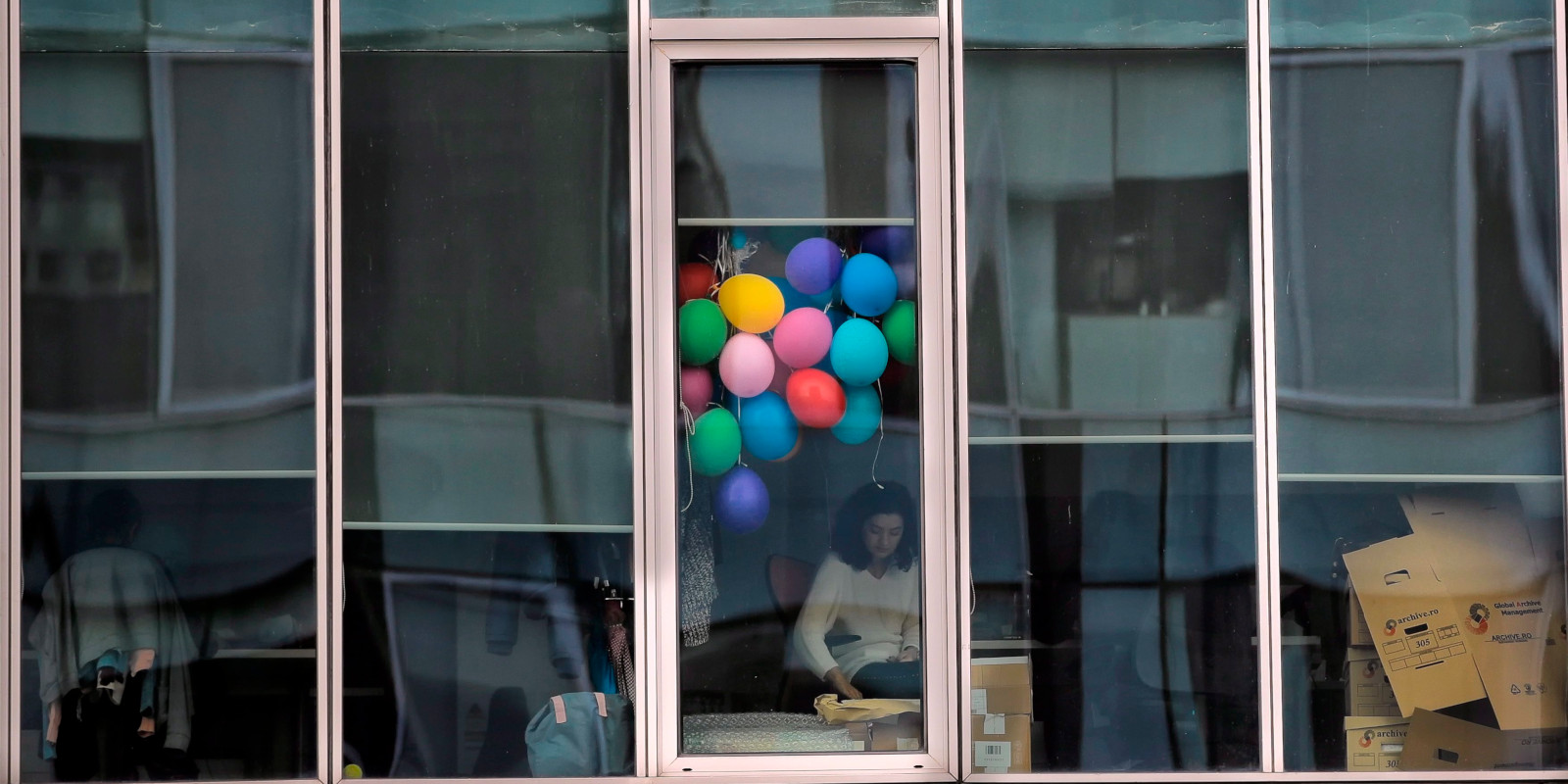
Here at The Hub we are convinced that delays in getting back to the office and now the rise of so-called “quiet quitting” risk having significant consequences for individual Canadians, the economy, and our broader society that need to be better understood and debated.
We recently ran an editorial that made the case for getting back to the office, but we don’t want to have the last word on the subject. We put out the call for Hub readers to respond with their own experiences and are delighted to share the latest sample of comments and feedback. We will continue to share your feedback as it comes in.
If you would like to tell us about your own empty office experience or contribute to this discussion, please email us at editorial@thehub.ca or contact us anonymously via our online submission form.
I miss the office
I read the feedback on “quiet quitting” with interest. I am a public servant at the low end of the executive cadre and have been in government for just over 20 years. I was in a position of intense work when COVID started, with direct service to Canadians, and was very proud of our ability to pivot very quickly from home to ensure that we were able to deliver critical services through innovative approaches to and for Canadians. This will be a point of pride for me for the rest of my career.
I have now been working from home for just over two years and will confess that while I enjoy the ease of not commuting, paying high parking costs, etc, I very much miss the office environment and the team dynamic. I think that while we were incredibly productive for two years, that effort is slowly eroding and we are becoming much too isolated in our own space. We likely all agree that this Zoom environment is unhealthy; we have no real break between meetings to process the information we receive from previous meetings and really, time for reflection and strategic thinking is gone.
As much as many folks would prefer to stay home, my understanding is that there are a large number of public servants who support a hybrid approach. I think we benefit much more than we acknowledge from working face to face with a team and colleagues just down the hall for larger discussions. We have lost our spontaneous brainstorming session in a team that more often than not yields ideas and approaches that we would not have arrived at in isolation or through Zoom/Teams calls. The richness of in-person relationships is critical to a thriving and thoughtful team dynamic. I miss it.
I think we have shown that we can be incredibly productive and driven when working from home but from my perspective, this is not a healthy or sustainable environment for the long-term well-being of public servants and for folks who enter government to serve and learn from their peers.
Parliament must return to work too
I’m afraid that I’m old-fashioned enough to think that responsibility ought to accompany privilege and that there is no leadership like that of example. Travel to Ottawa should be part of one’s duty as an MP, “onerous” or not. All levels of government made decisions for their compatriots over the past two and a half years while personally suffering none of the consequences of those decisions. While millions of Canadians lost their businesses, livelihoods, and scores of personal freedoms, parliamentarians were entirely insulated from the pain they inflicted by the uninterrupted flow of benefits and paycheques to their bank accounts.
Quite apart from the Trudeau government’s desire to continue neutering our parliamentary democracy, it’s wrong to continue coddling MPs who prefer to work from home. Is it really too much to ask that they get back to work and do so in their proper workplace, the House of Commons? I don’t think so, and I’m fairly certain that most Canadians would agree.
Perspective from abroad
I am a Swiss member of the “laptop class”, and am currently even more privileged than most as I can take a sabbatical and live for more than six months in Montréal. I am not working in public service.
Perhaps I can bring a perspective from abroad to the discussion.
First, I think you missed one important issue. Not everyone belonging to the “laptop class” lives in prosperity and social security. Many might be on the brink of deplorability, no matter if they work from home or in the office. As soon as clever (capitalistic) employers learned that they could easily outsource certain screen work (accounting for instance) and they could offer less payment for this (no office required, bunch of people offering the service), some of them have. So, in many cases this is not a division between “laptop people” and workers or service people, it’s more likely a question of privileged people like me and less educated, less “successful” poor people.
I am working in Switzerland. In 2020, we had a strict lockdown for eight weeks or so, where only the grocery stores were allowed to open (schools closed, etc.). After that time the government applied only a few rules and it was up to every single company to let their people work from home or ask them to come to the office. What happened is that many people experienced the positive effects of working more from home (all the things mentioned before: more concentration, more productivity, and, very importantly, no more senseless business travel). As a result, many companies have lowered the burden of working from home and have installed mixed systems. It’s pretty common that you work for two or three days in the office, the rest of the time from home. I lead a team of 11 people and the new system has not cracked down our productivity and team spirit.
Whether this will have a long-time positive effect or downsides that I can not foresee at the moment, time will tell.
Recommended for You

Michael Kaumeyer: Polite decline: Canada’s aversion to being our best is holding us back

Howard Anglin: Lament for a Lament

‘A place where anybody, from anywhere, can do anything’: The Hub celebrates Canada Day

Peter Menzies: It’s no wonder Canadians are tuning out the legacy media



